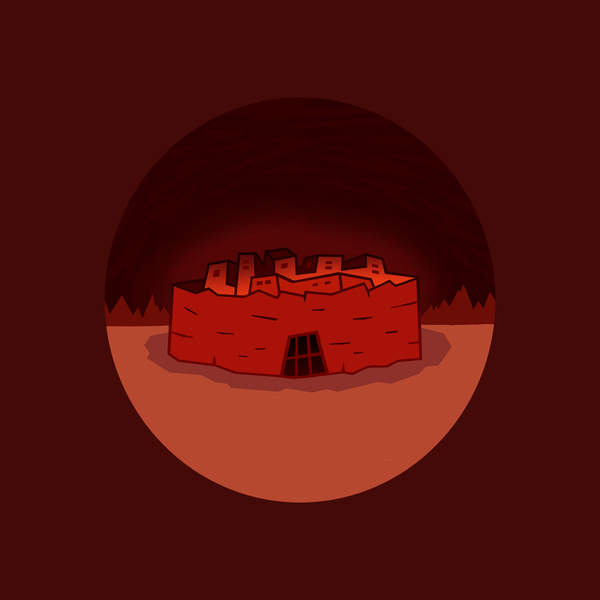
Why Cain Builds a City
In the story of the Bible, cities are a bad thing. They’re a symptom of humanity’s violence and attempts to protect themselves instead of trusting God. In fact, in the second chapter of Genesis, God “builds” something for humanity’s protection. And it’s not a city—it’s a woman. In this episode, Tim and Jon explore the theme of the city and the first thing God builds.
Why Cain Builds a City
--:--
Episode Chapters
Scripture References
Referenced Resources
- Trees and Kings: A Comparative Analysis of Tree Imagery in Israel’s Prophetic Tradition and the Ancient Near East, William Osborne
- Symbolism of the Biblical World: Ancient Near Eastern Iconography and the Book of Psalms, Othmar Keel
- Wordplay in Ancient Near Eastern Texts (Ancient Near East Monographs), Scott B. Noegel
Interested in learning more? Check out Tim's library for a list of recommended books and other resources.
Get the BibleProject app for access to our entire library of resources in one place.
Show Credits
- “Defender (Instrumental)” by TENTS
- “Portland Synth Cruise” by Sam Stewart
- “Hello from Portland” by Beautiful Eulogy
- “Start Me Up” by Tyler Bailey Show produced by Cooper Peltz with Associate Producer Lindsey Ponder, Lead Editor Dan Gummel, and Editors Tyler Bailey and Frank Garza. Mixed by Tyler Bailey. Podcast annotations for the BibleProject app by Hannah Woo. Powered and distributed by Simplecast.